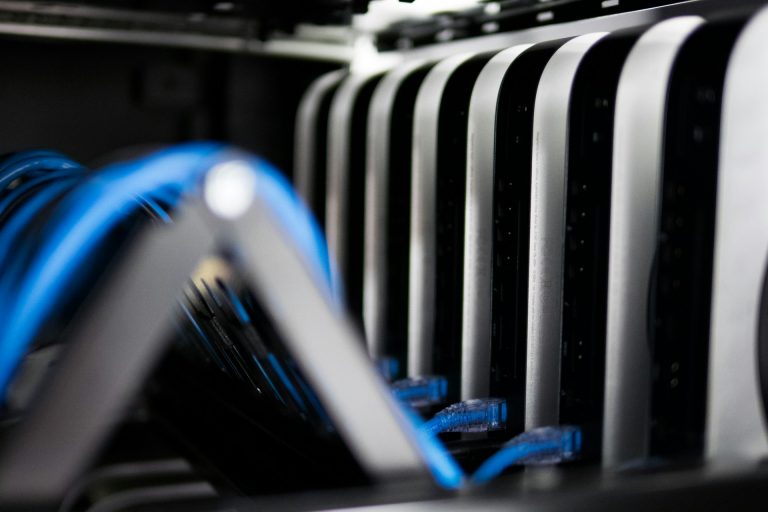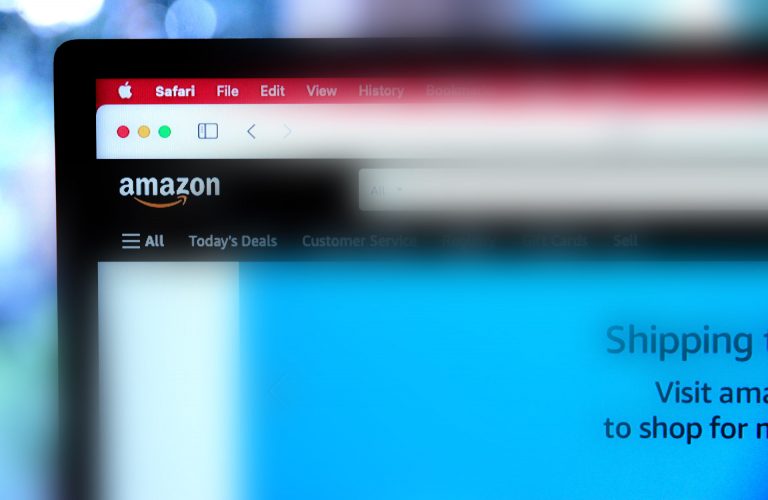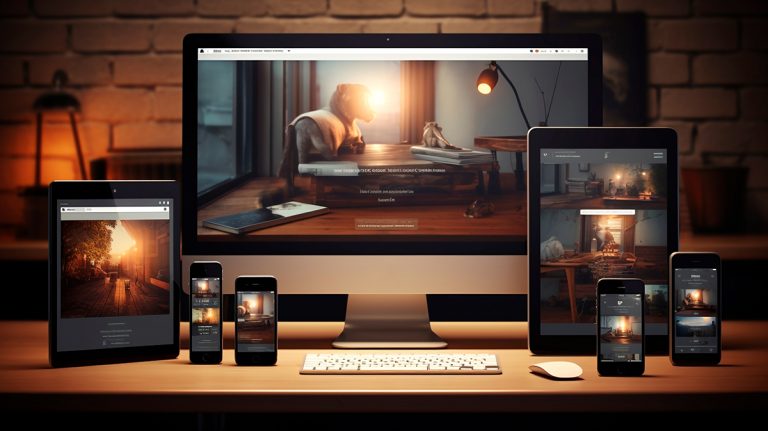Are you on sites like Snapchat, Twitter, Facebook, Instagram, Pinterest and LinkedIn every day? If so, you’re certainly not alone, as millions of people around the globe post and read information on social media sites on a daily basis.
While these types of networking avenues are handy when it comes to staying up-to-date on the news, connecting with people and building a profile for your career or business, it’s also important to do things to stay safe. Hackers have quite a focus on these websites these days simply because they’re used by so many people and therefore present many opportunities.
There are steps you can take to keep yourself as safe as possible when using social media sites. Read on for some key tips you can follow today.
Install Security Software on Your Devices
You need to be securing your devices with specific security software that will help to keep hackers out at all times. In particular, look for trusted antivirus software that will ensure you don’t pick up viruses from social media sites that enable cybercriminals to see your keystrokes and learn your password or other sensitive information.
When choosing security software, look for that which covers against a variety of threats, including ransomware, malware, spyware, spam and the like and which also will block data-stealing apps, phishing emails and harmful websites.
Be Careful What You Post for Anyone to See
Something else to keep in mind is that everything you post on social media enters the public domain and can potentially leave you more vulnerable to attack. You might think that only “friends” can view your posts, but hackers often pose as friends to get connections. Besides that, information can be shared without you realizing it, plus all your posts may be public for anyone to see anyhow.
All of this means that you must be careful about what you share online. Don’t post any information that hackers can use to gain access to your private personal or financial data. For instance, if you have a password that revolves around the name of your pet or birthdate of your child, don’t mention these things in your posts. You might not think about the connections, but hackers certainly do. They mine social media sites looking for details to enable them to decipher usernames and passwords.
Updates Systems Regularly
Another tip is to update your computer systems regularly. This includes a variety of things, like the security software and firewalls you have installed on devices plus operating systems, browsers, apps, plugins, games and more.
This is important because security gaps open up in software over time, making it more vulnerable to attack from hackers. However, product manufacturers are on the lookout for these gaps and fix them and release new bug-free versions. If you’re not running the latest version, you’re still at risk. Stay as safe as possible by setting everything to update automatically.
Understand Scams Cybercriminals Often Use
While hackers are always on the lookout for new ways to get the information they want online, most of the time the same kinds of scams are used over and over again, particularly on social media sites. As such, it helps to understand the common tactics so you can guard against them.
One example of this is what’s known as “pharming.” Pharming is a certain type of phishing attack that involves cybercriminals posting advertisements, or other content, on social networking sites that’s meant to look like it has been posted by legitimate companies.
The problem is that when people click on the links in this content, they think they’re being directed to the real websites of organizations they deal with regularly. They may sign up or log into accounts, inputting usernames, passwords and emails along the way. Unfortunately, by doing this, they’re giving hackers sensitive information. To avoid finding yourself in this situation, only ever directly type in the URL of the site you want to go to rather than following a link.
Put Decent Passwords in Place
Lastly, remember to use decent passwords on your social media accounts. These should be different to those you use elsewhere, so if hackers work out one password this doesn’t give them unfettered access to everything. Passwords should also be at least 12 characters long. Your code needs to be made up of a variety of different character types, including numbers, letters and symbols, and it should be changed somewhat regularly for extra security.










